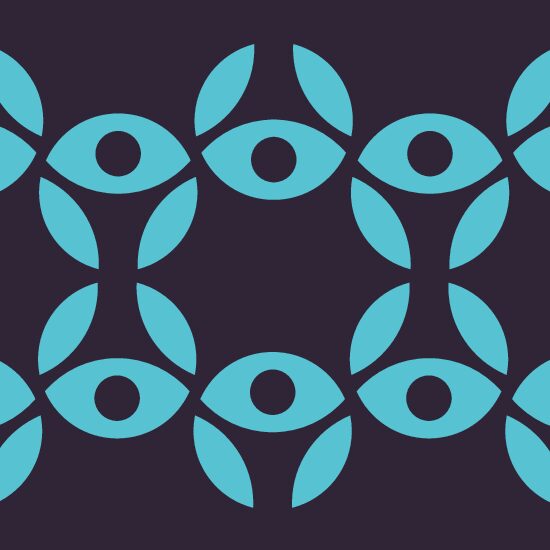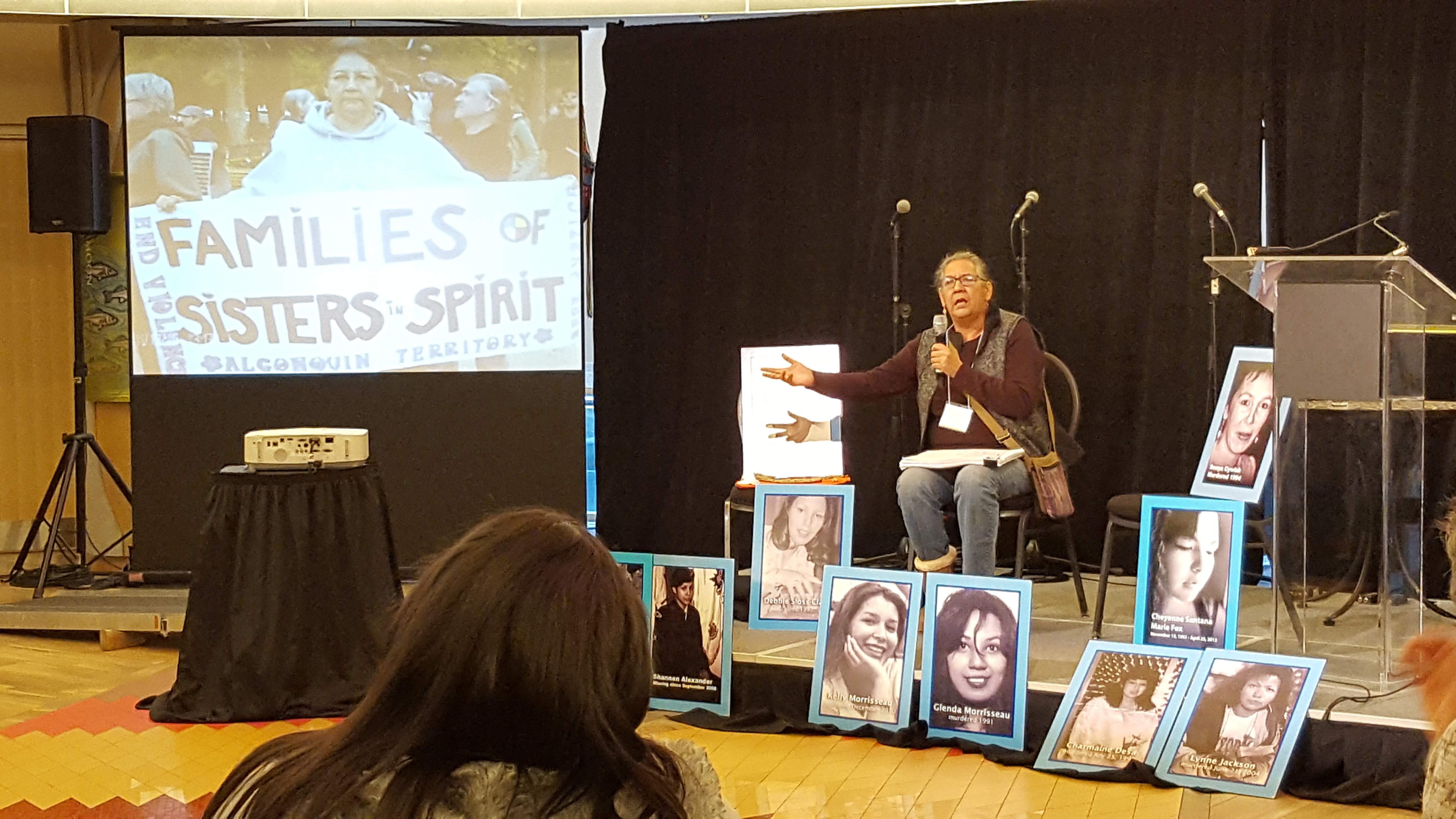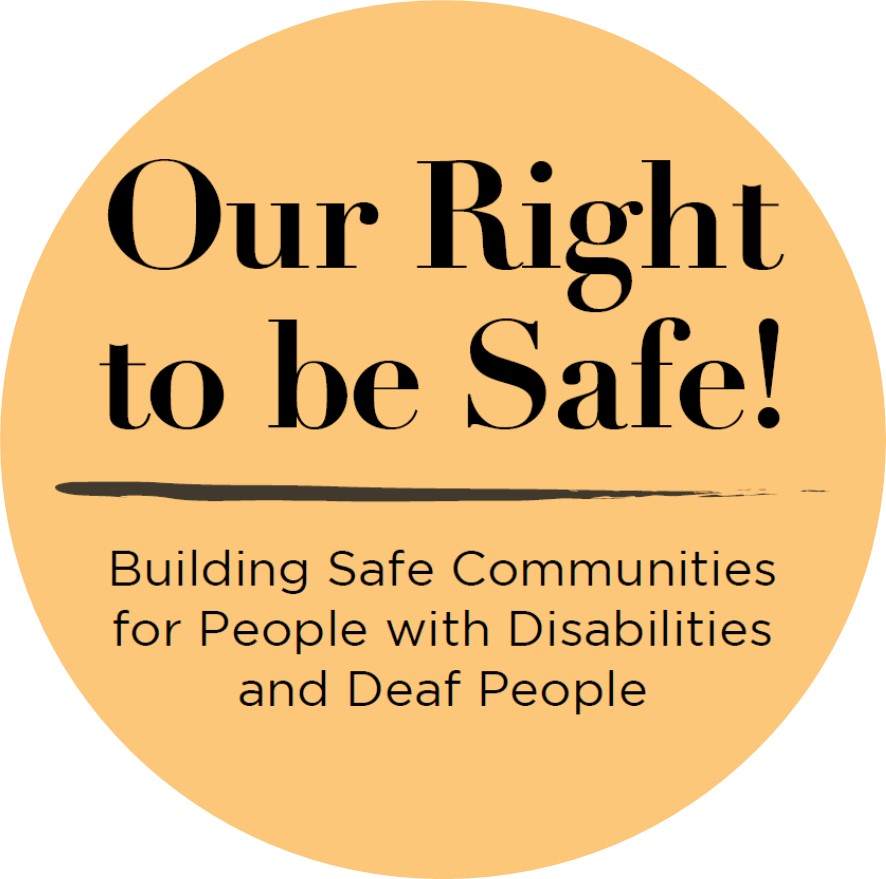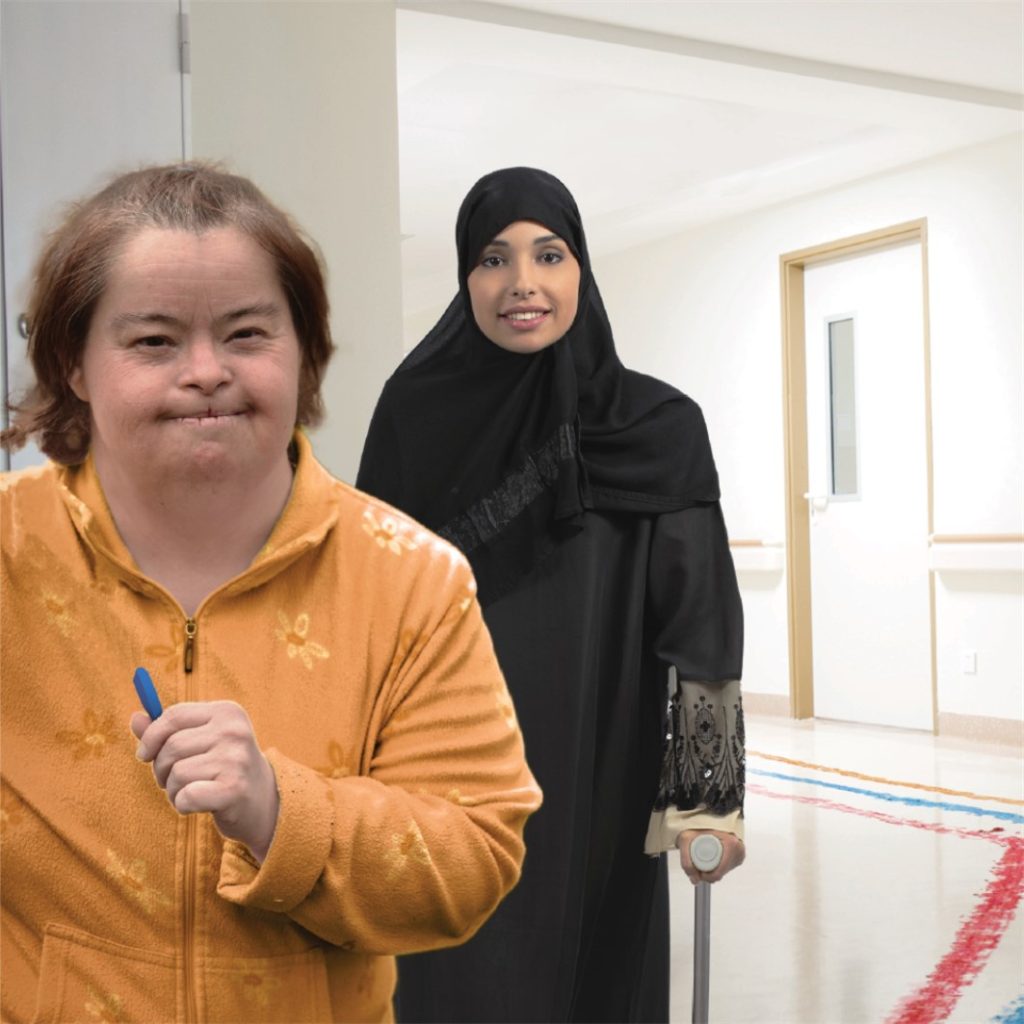IRIS is supporting the design and evaluation of ‘local to national safety and inclusion solidarity networks’ (LSISN) in communities across Canada. Led by grassroots front-line service providers and community members of diverse marginalized populations including people with intellectual and other disabilities, these initiatives aim to: 1) enhance economic security; 2) improve health; and, 3) prevent and more effectively respond to violence.
Current Projects
Past Projects

Local Safety & Inclusion Solidarity Networks
Timeframe: September 2021 to March 2024
Overview
Since 2012 IRIS has been convening Local Safety & Inclusion Solidarity Networks (LSISN) in local communities across the country; with the goal of getting to the root causes of poverty, gender-based violence, homelessness/housing precarity and poor health. LSISNs convenes women and gender diverse grassroots front-line workers who work to support, and are members of, Indigenous, Black, and other racialized groups, non-status migrant and refugee and people with intellectual, cognitive, and mental health disabilities. These local networks work in solidarity to develop community actions which model how systemically marginalized, and gender diverse peoples need to lead in the designing of solutions that directly impact their own lives.
Learn more about Local Safety and Inclusions Solidarity Networks Below!
See our Info Sheet on Local Safety & Inclusion Solidarity Network for more information!
Videos
Report
Local Safety & Inclusion Solidarity Networks: A Model for Addressing Structural Marginalization, November 24, 2022
WAGE – Feminist Recovery & Response – Warriors Against Violence Society (WAVS)/ Mamook Kloshe Community Safe Hub: An Indigenous Feminist Response to Ending Gender-Based Violence
Timeframe: September 2021 to March 2024
WAVS will help advance Indigenous women’s recovery from the current impacts of COVID-19 through a systemic approach to addressing GBV. Specifically, this project will address barriers experienced by Indigenous peoples with and without disabilities, by designing and implementing a gender-based, Indigenous-centred, long-term preventative ‘Community Safe Hub’ to respond to the systemic gaps in mainstream GBV services for Indigenous families experiencing violence.
WAGE – Feminist Recovery & Response – Local Safety Inclusion Solidarity Networks: Grassroots Feminist Response to Ending Gender-Based Violence for Marginalized Peoples
Timeframe: September 2021 to October 2023
This project will address systemic barriers experienced by Indigenous, migrant, Black/African, other racialized women, and gender diverse peoples with disabilities, within local Violence Against Women and Gender-Based Violence sectors in Charlottetown, Saint John, Montréal, Toronto, Winnipeg, and Vancouver, by conducting GBA+ ‘community safety audits.’

Pathways to Homeownership Demonstration Initiative
Timeframe: January 2019 to December 2021
This Demonstration Initiative seeks to increase the capacity of the housing sector to improve housing stability, affordability, and choice for people with developmental disabilities by replicating innovative models of homeownership. It will help make homeownership attainable for more Canadians with developmental disabilities by generating and spreading knowledge about how these models work.
With financial support from Canada Mortgage and Housing Corporation.

Help Wanted – Sheltered Workshops and the Steps to Ending Employment Segregation in Canada – People First of Canada
Timeframe: January 2019 to August 2021
IRIS is a partner on this initiative led by People First of Canada, which examines the issue of sheltered work in Canada. The project aims to show solutions that can give real work opportunities to people with intellectual disabilities. Project activities include: Consultations with people with intellectual disabilities across the country; Research about the nature, extent and promising practices to transition out of sheltered work across Canada; and the development and piloting of a tool to educate people on sheltered work to the PFC membership network in the form of a ‘train the trainer’ model.

Working Together: Combating Structural Violence against Indigenous, Racialized, Migrant Women and Women Labeled with Intellectual and Psychiatric Disabilities
Timeframe: January 2015 to December 2018
Objective: To ensure that key service providers have increased knowledge on the nature of abuse, barriers, challenges and service gaps for women in target communities and that the target women’s groups have been connected, have established a working relationship – locally and nationally, and have gained and strengthened skills to identify and respond to abuse, as well as plan for their safety.

No Woman’s Land
Timeframe: March 2015 to March 2018
Objective: To explore the real stories of refugee women living in Ontario, their experiences of sexual violence in refugee camps prior to migration, and its traumatic effects resulting in mental health and other disabilities, through a multi-disciplinary performance piece and call to action entitled No Woman’s Land, which used dance, video and verbatim theatre.

Our Right to be Safe!
Timeframe: January 2012 to December 2015
Objective: To mobilize local communities and sectors involved in violence prevention and response to implement a coordinated, local-level community response to violence and abuse by identifying and removing access barriers so as to increase all women’s participation and safety in their communities.

Our Health Matters!
Timeframe: January 2012 to December 2014
Objective: To develop resources, education and training sessions aimed at persons with disabilities as well as key health care professionals to pursue secondary prevention of cancer involving early detection and increasing access to cancer screening.

Toronto – A Place to Call Our Own: Empowering Women to Take Action for Affordable Housing
Timeframe: November 2016 to December 2019
Objective: To bring together women’s advocacy groups and front-line service providers to develop a strategy for addressing the lack of access to, and the number of affordable housing arrangements for women in Toronto, ON. Working with key decision-makers from the private sector to act upon the recommendations consolidated through research by collectively designing a practical, realistic and feasible strategy to increase access to housing for women coming from diverse communities in Toronto.
Read the Toronto – A Place to Call Our Own research report
Read Learning Network Brief 35 “Women with Disabilities & Housing” written by Doris Rajan of IRIS

People with Mental Health and Cognitive Disabilities & Access to the Justice System – A Review of the Literature
Timeframe: January 2015 to March 2015
Objective: To develop a rich understanding the attitudinal, communication, procedural and policy barriers that hinder people with mental health and cognitive based disabilities’ access to justice, focusing on initial contact in times of conflict or crisis. In addition, to compile related promising practices across Canada.
Download literature review here.
People-with-Disabilities-Family-Violence-Access-to-Justice-FINAL-MARCH-26-2015-PDF-3